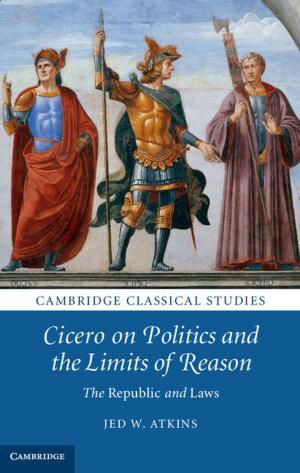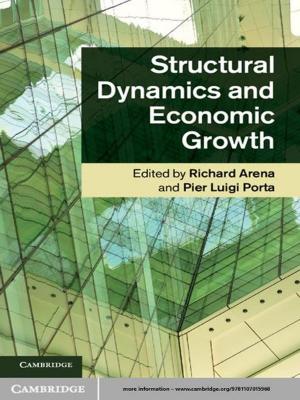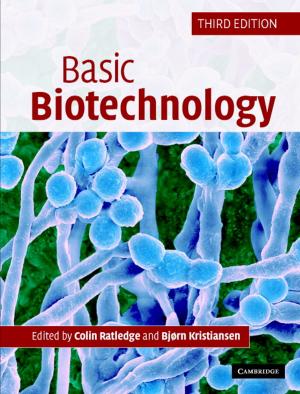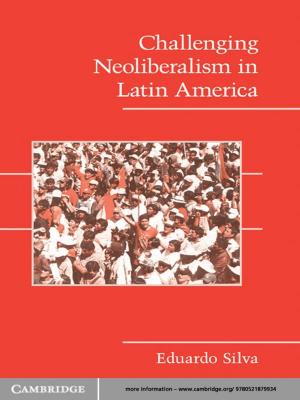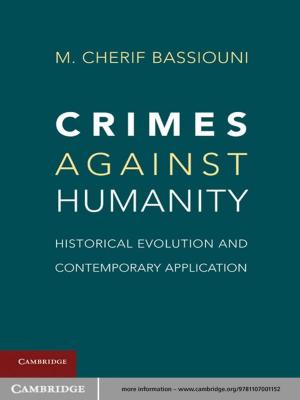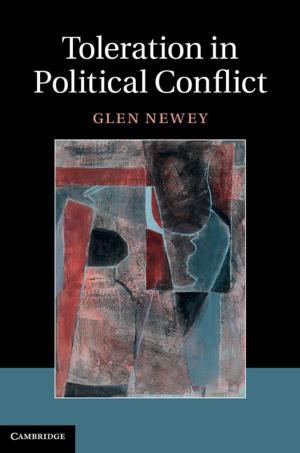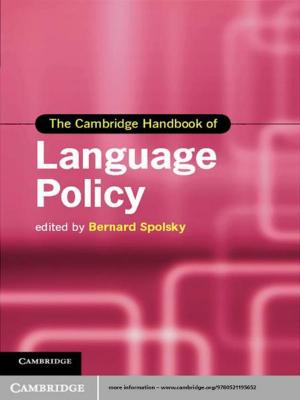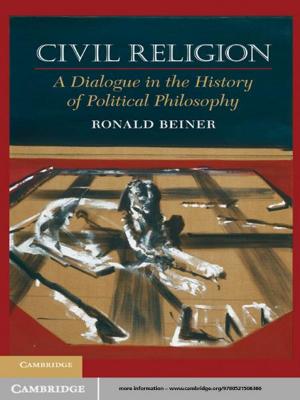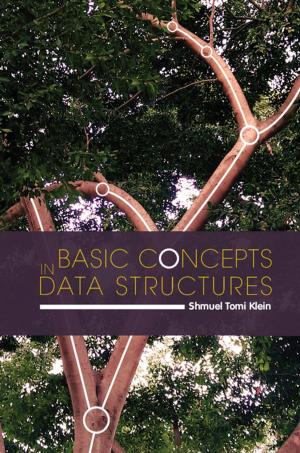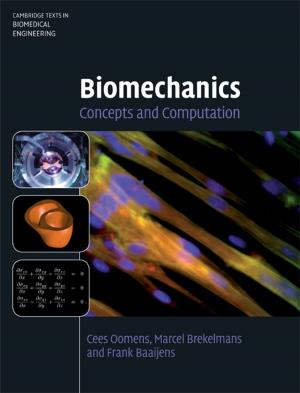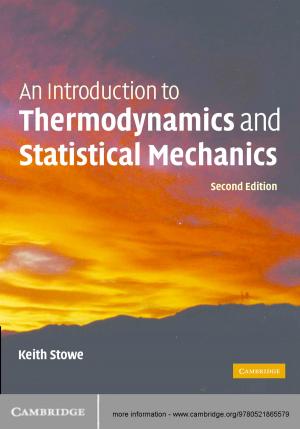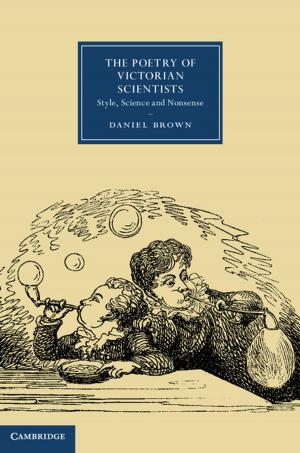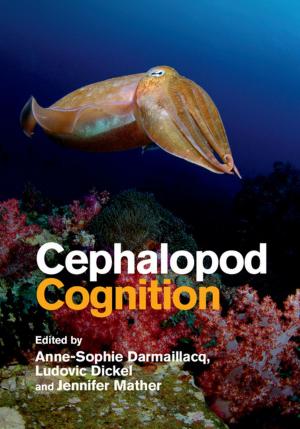Evolution, Creationism, and the Battle to Control America's Classrooms
Nonfiction, Social & Cultural Studies, Political Science, Government, Science & Nature, Science| Author: | Michael Berkman, Eric Plutzer | ISBN: | 9780511852510 |
| Publisher: | Cambridge University Press | Publication: | September 20, 2010 |
| Imprint: | Cambridge University Press | Language: | English |
| Author: | Michael Berkman, Eric Plutzer |
| ISBN: | 9780511852510 |
| Publisher: | Cambridge University Press |
| Publication: | September 20, 2010 |
| Imprint: | Cambridge University Press |
| Language: | English |
Who should decide what children are taught in school? This question lies at the heart of the evolution-creation wars that have become a regular feature of the US political landscape. Ever since the 1925 Scopes 'monkey trial' many have argued that the people should decide by majority rule and through political institutions; others variously point to the federal courts, educational experts, or scientists as the ideal arbiter. Berkman and Plutzer illuminate who really controls the nation's classrooms. Based on their innovative survey of 926 high school biology teachers they show that the real power lies with individual educators who make critical decisions in their own classrooms. Broad teacher discretion sometimes leads to excellent instruction in evolution. But the authors also find evidence of strong creationist tendencies in America's public high schools. More generally, they find evidence of a systematic undermining of science and the scientific method in many classrooms.
Who should decide what children are taught in school? This question lies at the heart of the evolution-creation wars that have become a regular feature of the US political landscape. Ever since the 1925 Scopes 'monkey trial' many have argued that the people should decide by majority rule and through political institutions; others variously point to the federal courts, educational experts, or scientists as the ideal arbiter. Berkman and Plutzer illuminate who really controls the nation's classrooms. Based on their innovative survey of 926 high school biology teachers they show that the real power lies with individual educators who make critical decisions in their own classrooms. Broad teacher discretion sometimes leads to excellent instruction in evolution. But the authors also find evidence of strong creationist tendencies in America's public high schools. More generally, they find evidence of a systematic undermining of science and the scientific method in many classrooms.

